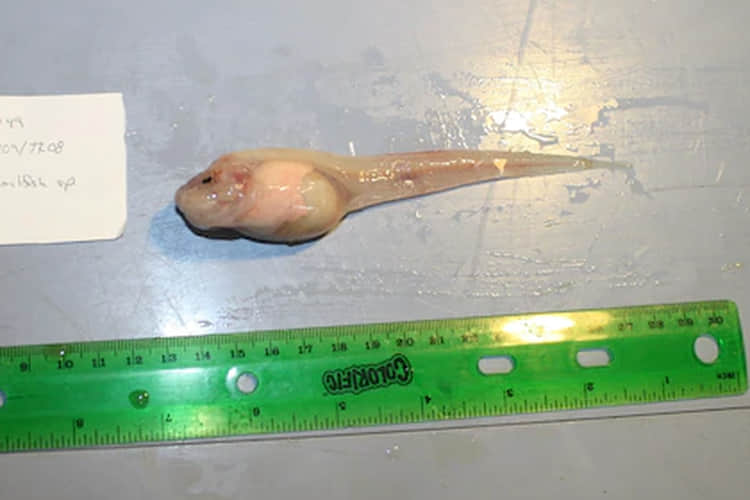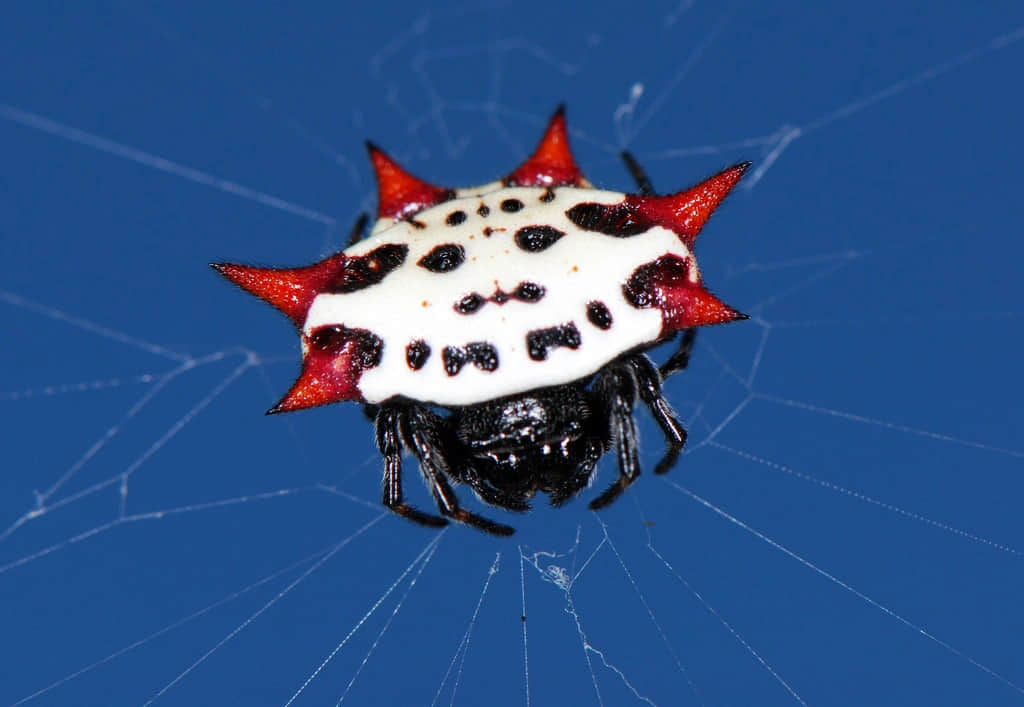The rhinoceros is a beautiful, majestic animal, but it is also one of the most vulnerable. Due to a number of threats, including habitat loss and illegal poaching, every species of rhino is now vulnerable or endangered.
Now, one Kansas zoo is celebrating the long-awaited birth of a beautiful Indian rhino, inspiring new hope for the species.
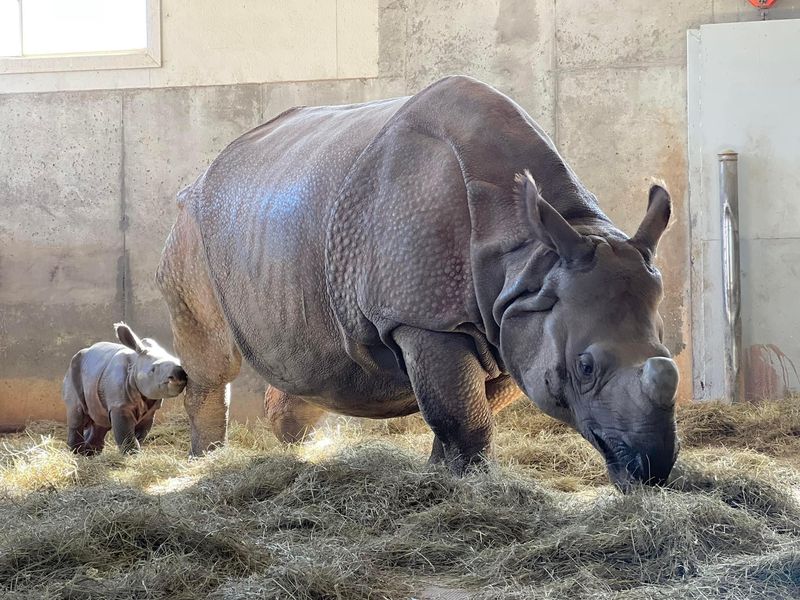
Tanganyika Wildlife Park, in Wichita, Kansas, recently announced the arrival of a newborn Indian rhino calf. The newborn arrived weighing about 80 to 90 pounds, the zoo wrote in a press release, and the “healthy and strong” calf was nursing within hours of birth.
The baby has been named MarJon, or MJ for short. Its mother is Monica, who was the first rhino to be born through artificial insemination, and her father is named Stacks.
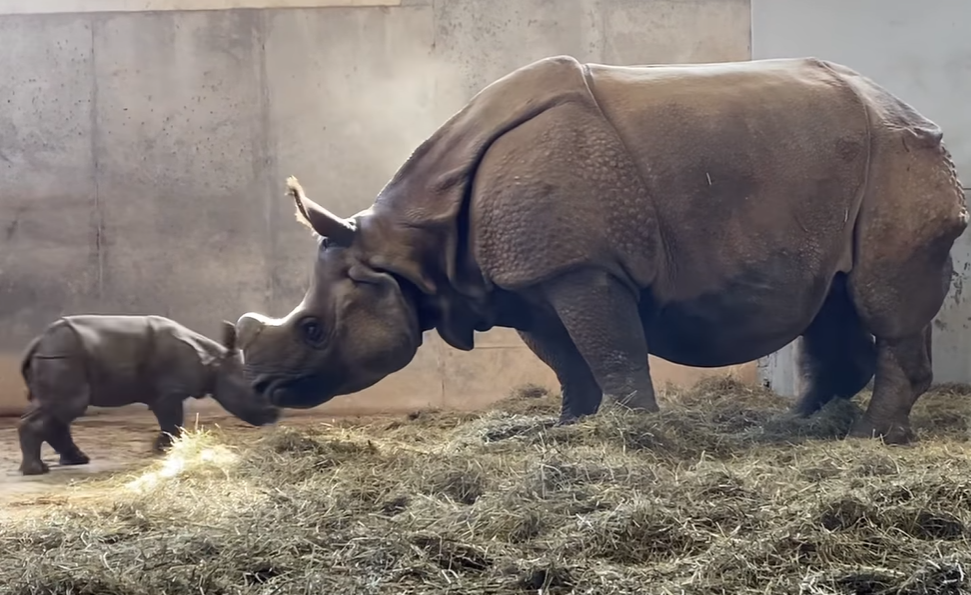
It is Monica’s first child, but the zoo says she is a natural: “Monica is a new mother but acts like a pro and has been bonding with her rhino baby,” their press release reads. “She carefully cleaned it off throughout the night, and they have been napping together.”
“Both mom and baby are doing great, and we are excited to see MarJon grow and develop in the coming weeks and months.”
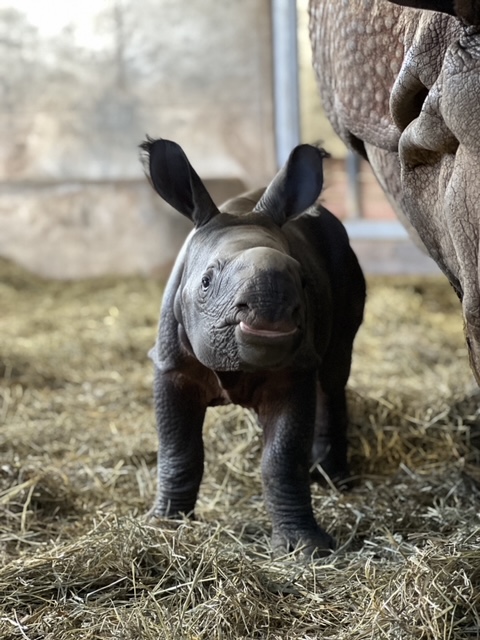
“We are overjoyed to see Monica and her calf doing so well,” said Sierra, one of Monica’s keepers. “Monica has been doing great as a first-time mom, except the couple of times she’s used the calf as her pillow. But in all seriousness, it’s amazing to watch them bond, and we can’t wait to see MJ grow and explore the world.”
MarJon was born after a 462 gestation period. That may sound long, but according to the zoo it is actually the shortest rhino gestation ever, breaking a record previously held by Monica’s mother.Tanganyika Wildlife Park is celebrating the new birth as a sign of hope for an endangered species of rhino. According to their news release, there are 4,014 Indian rhinos in the world according to the most recent census — a positive sign, but there is still work to be done.
The park says that MarJon’s birth shows the effectiveness of conservation and breeding programs to save the species.
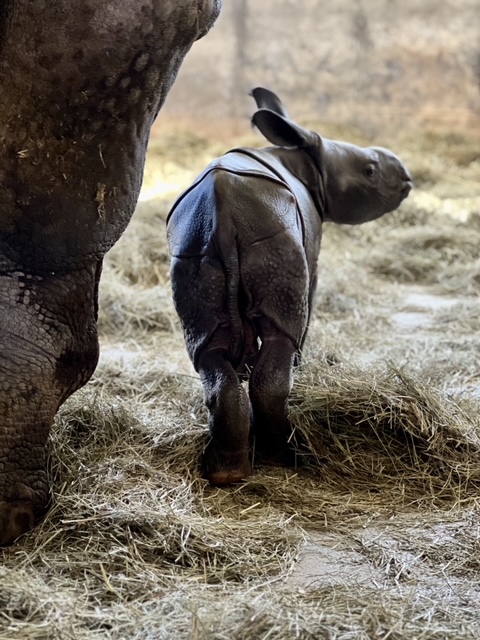
“With all species of rhinos being threatened or endangered, the birth represents the success of conservation efforts and a dedication to preserving the species,” they wrote. “The efforts of zoos and organizations like the International Rhino Foundation in preserving genetic diversity and supporting endangered species are crucial to the survival of rhinos.”
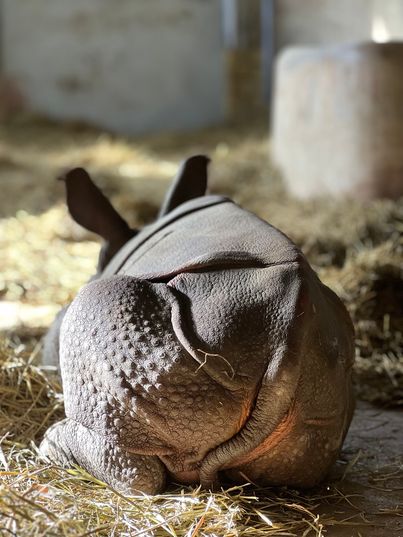
“The birth serves as a reminder that while rhinos may not be extinct, they still need our help to protect them from extinction.”
Congrats to Tanganyika Wildlife Park and new mom Monica on the birth of this adorable rhino calf! Welcome to the world!



